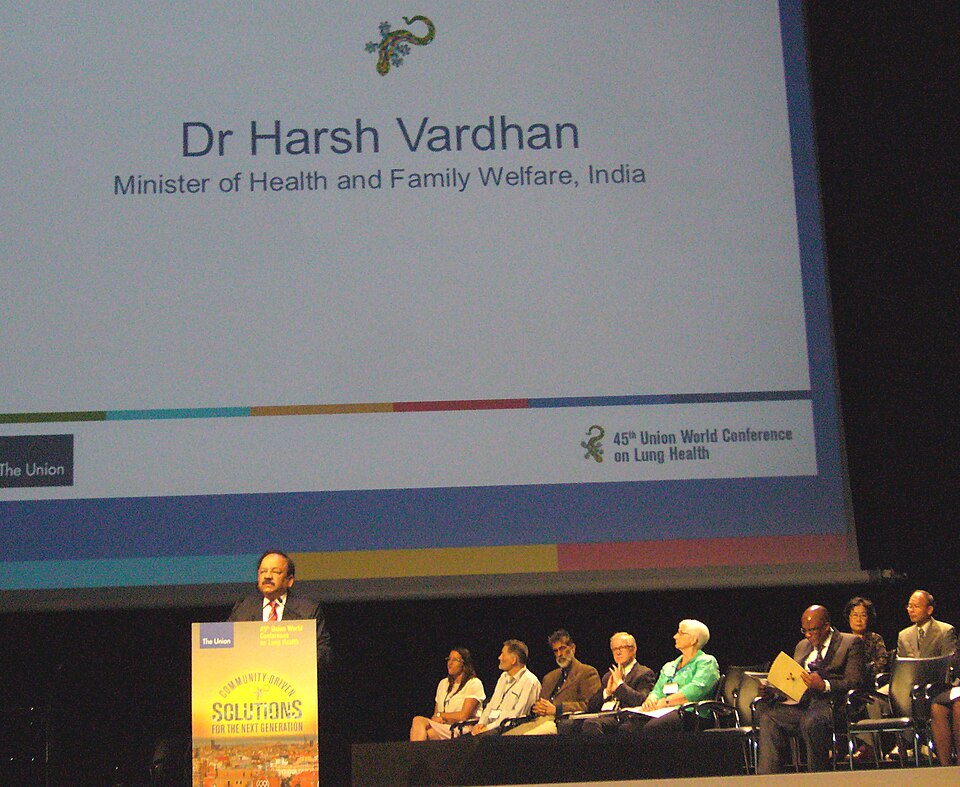First Nations Scientist Tahnee Towers Advances Lung Cancer Research

Tahnee Towers, a promising First Nations scientist and former CareerTrackers intern at The Brain Cancer Centre, is now pursuing Honours studies focused on lung cancer at the Walter and Eliza Hall Institute of Medical Research (WEHI). Her journey, which has been deeply influenced by her Indigenous culture and personal experiences, highlights the importance of bridging research with culturally informed care to improve health outcomes for First Nations communities.
Towers, who has always been captivated by the intricacies of science, credits her father’s medical and science books for igniting her passion for research. "When I was captivated by the illustrations and descriptions of diseases from my dad’s medical and science books, I knew I wanted to be a scientist," she stated. Her Indigenous background adds a unique dimension to her scientific pursuits, as she feels a deep connection to the knowledge that has been passed down through generations.
In her role at The Brain Cancer Centre, Towers has honed her skills under the supervision of esteemed researchers, including Professor Kate Sutherland. She expressed, "I had the privilege of being supervised by the brilliant people in The Brain Cancer Centre, something that has really enhanced my skills and reasoning."
Towers is particularly fascinated by cancer biology, which reveals the complexities of life at the cellular level. "Understanding these mechanisms can open doors to innovative treatments that have the potential to save lives," she explained. One of her notable achievements includes contributing to a method for identifying cell compartments in mouse brains through flow cytometry, a technique using antibodies to analyze individual cells. This work has provided her invaluable experience in understanding brain cell dynamics at a detailed level.
Her personal journey is also marked by significant challenges, particularly balancing her studies and internship while caring for her father, who suffered from a lung disease. This experience has fueled her passion for lung cancer research. "My father's battle with lung disease inspired me to move into studying lung cancer," Towers shared.
Towers is committed to making a meaningful impact in her field. "I hope my team’s research will advance the understanding of lung cancer and apply that knowledge to improve health outcomes for First Nations people, who are disproportionately affected by this disease," she stated. She aims to bridge the gap between scientific research and culturally informed care to address health disparities.
Beyond her academic pursuits, Towers finds joy in exploring the natural world, often photographing fungi in the Macedon Ranges. Her diverse interests reflect a holistic approach to science, where curiosity about the environment complements her research goals.
Towers’s journey exemplifies the intersection of culture, science, and personal motivation. By enhancing understanding in lung cancer research, she not only honors her heritage but also contributes to a future where health disparities for First Nations peoples are addressed through informed and compassionate care. As she continues her studies and research, the scientific community watches with anticipation, hopeful for the advancements that will arise from her work.
Advertisement
Tags
Advertisement





